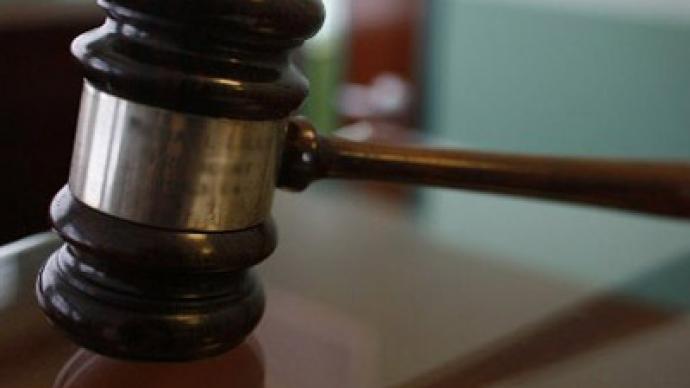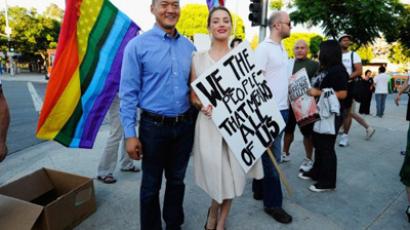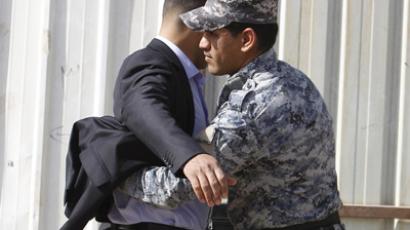Supreme Court: No inheritance for kids conceived after dad’s death

New Jersey twins born through artificial insemination following their dad’s death were finally stripped of their survivor status by the Supreme Court on Monday. The reason – their dad did not provide for them while he was alive.
Monday brought a total defeat for Karen, Robert Capato's surviving wife, in her more than two-year stand-off against the Social Security Administration (SSA) over her kids’ right for better welfare. The unanimous ruling of the Supreme Court gave a final definition to the status of twins born through artificial insemination 18 months after their dad died of cancer: they are not entitled to Social Security survivor benefits. Before he died in March 2002, Robert Capato had been running a health-club in Florida. Learning of his diagnosis, he took a decision to deposit sperm at a fertility clinic. Robert wanted his and Karen’s son born in 2001 to have a sibling, but he knew that chemotherapy treatment might make him sterile.Though the twins were definitely found to be his kin, a Florida court ruled they were not entitled to receive inheritance from Robert. Florida state law bars children who are born posthumously from receiving inheritance unless they are mentioned in a last will and testament. But Karen hoped to override this decision, applying to the Third US Circuit Court of Appeals in Philadelphia. As the twins were born in New Jersey, they only needed to prove their biological link to their deceased father. In 2011, the Appeals overturned the unfavorable decision.However, the Supreme Court threw overturned the appellate court’s ruling on Monday. In the high court’s opinion, survivor benefits are designed for those who the wage earner supported throughout his life."We conclude that the SSA's reading is better attuned to the statute's text and its design to benefit primarily those supported by the deceased wage earner in his or her lifetime," Justice Ruth Bader Ginsburg wrote for the court. "And even if the SSA's longstanding interpretation is not the only reasonable one, it is at least a permissible construction that garners the court's respect under [precedent]."Justice Ginsburg also said that looking to state law to decide eligibility for Social Security benefits was “a workable substitute for burdensome case-by-case determinations whether the child was, in fact, dependent on her father’s earnings.” Congress remains free to adopt a different approach, concluded Justice Ginsburg.














